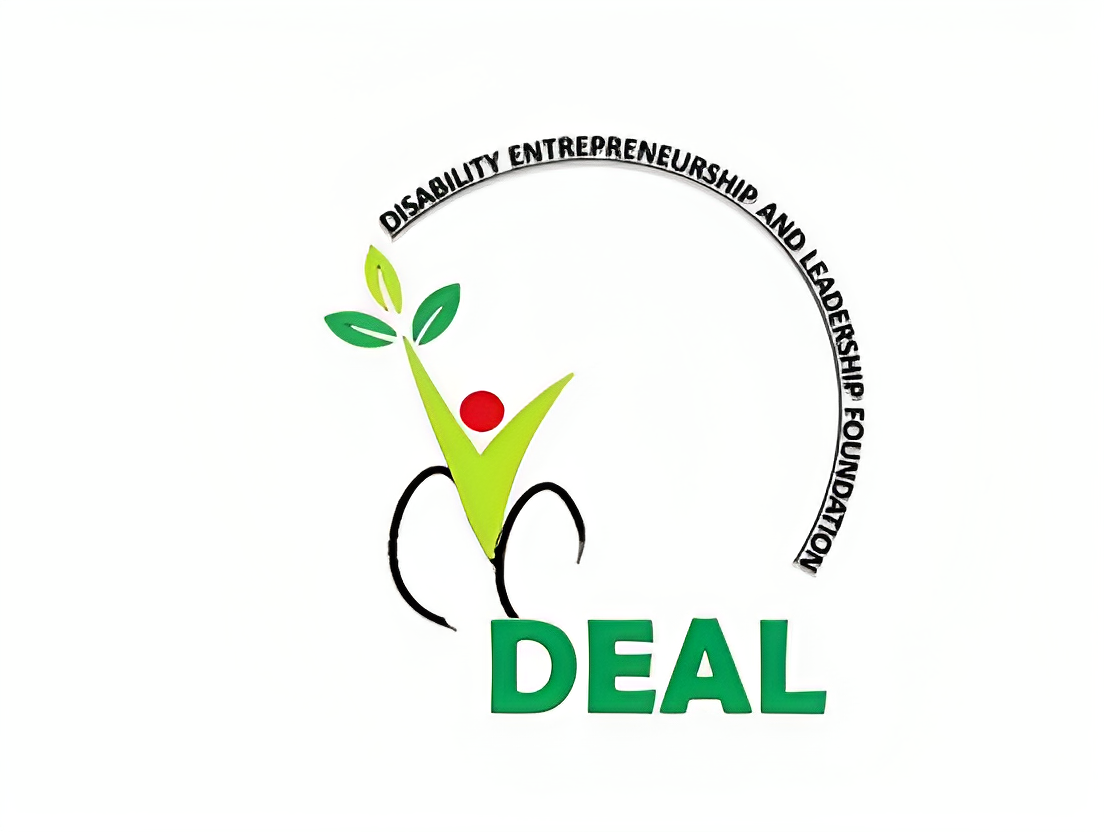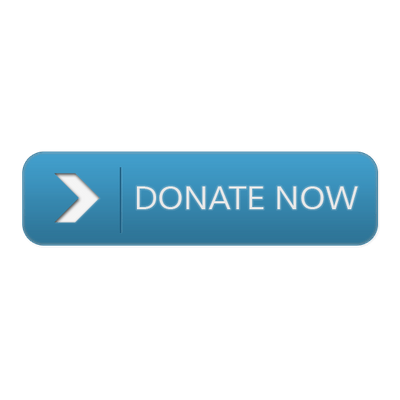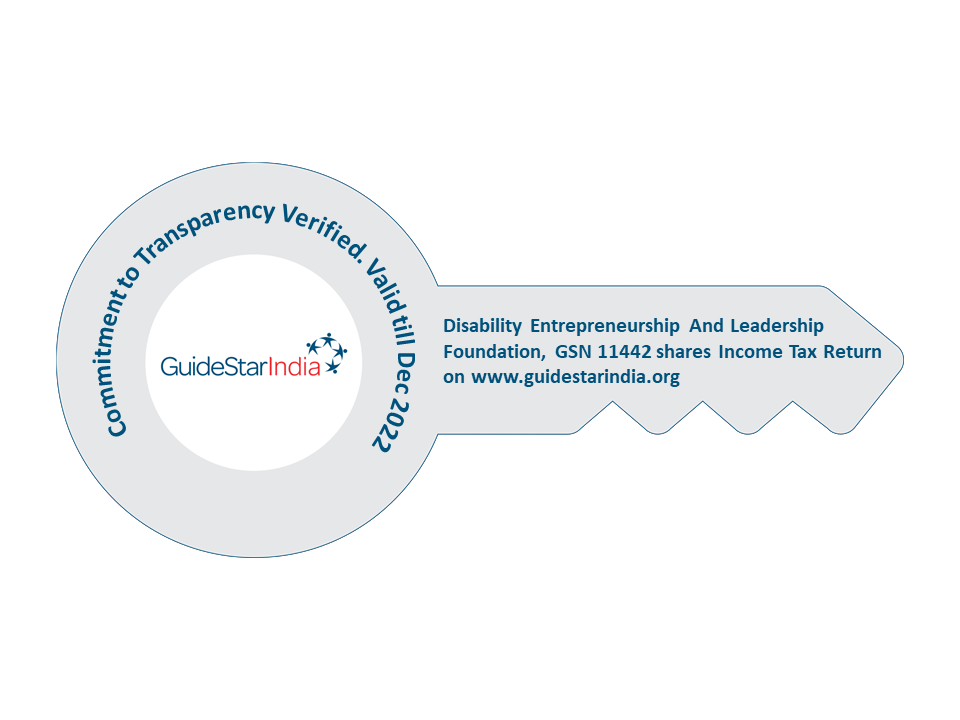More often than not, in many areas of our work or even in our personal life, every one of us are well aware of the fact that there are plenty of things that needs attention so that the work we do bears fruit.
On the contrary, it is yet but natural that the areas that has measured a large impact tops our list owing to the fact that it is measured and that it’ll definitely prove to be useful.
This is as truer in the lives of persons with disabilities.
As there are a number of areas that requires to be focused when in contact with persons with disabilities, it is important to identify the areas that would actually have an impact on lives.
In this context, it is important to understand what it is to measure impact and what is the effect it has on the individuals and areas that is being focussed on. According to Management Consultant Educator and Author Peter F Drucker, ‘Only what gets measured gets done’.
Impact measurement generally refers to identifying and considering the positive and negative effects one’s actions have on people and the planet, and then figuring out ways to mitigate the negative and maximize the positive in alignment with one’s goals. to do this, it is important for one, either as an organisation or as an individual to set targets which will help thread on the right path, in addition to this, it is also important to get an opinion of the focussed group or individual, which may be done through data collection (questionnaires or surveys) before and after so as to help identify the areas of impact and the areas that needs more focus.
In our work to promote sustainable livelihood opportunities, DEAL Foundation uses a conscientious and collaborative approach to understand and measure impact of its work on the lives of persons with disability and the communities they live in.
We work with our partners and stakeholders to:
- Agree and define scope including timescale, location, areas of intervention and relevant parts of the value chain.
- Put-in-place a structure to measure all relevant social, economic and environmental impacts from each part of the value chain.
- Map relevant datasets and undertake gap analysis.
- Gather relevant data from primary and secondary sources including carrying out focus groups and surveys.
- Quantify outcomes and track them over time.
Based on initial consultation with stakeholders we have identified a number of social, economic and environmental impacts which will be aligned to relevant local and national indicators and the sustainable development goals framework.
For specific question regarding this blog, please write to us at info@deal-foundation.com.
To know more about the work we do, please visit www.deal-foundation.com.


 Awarded by Guidestar India
Awarded by Guidestar India